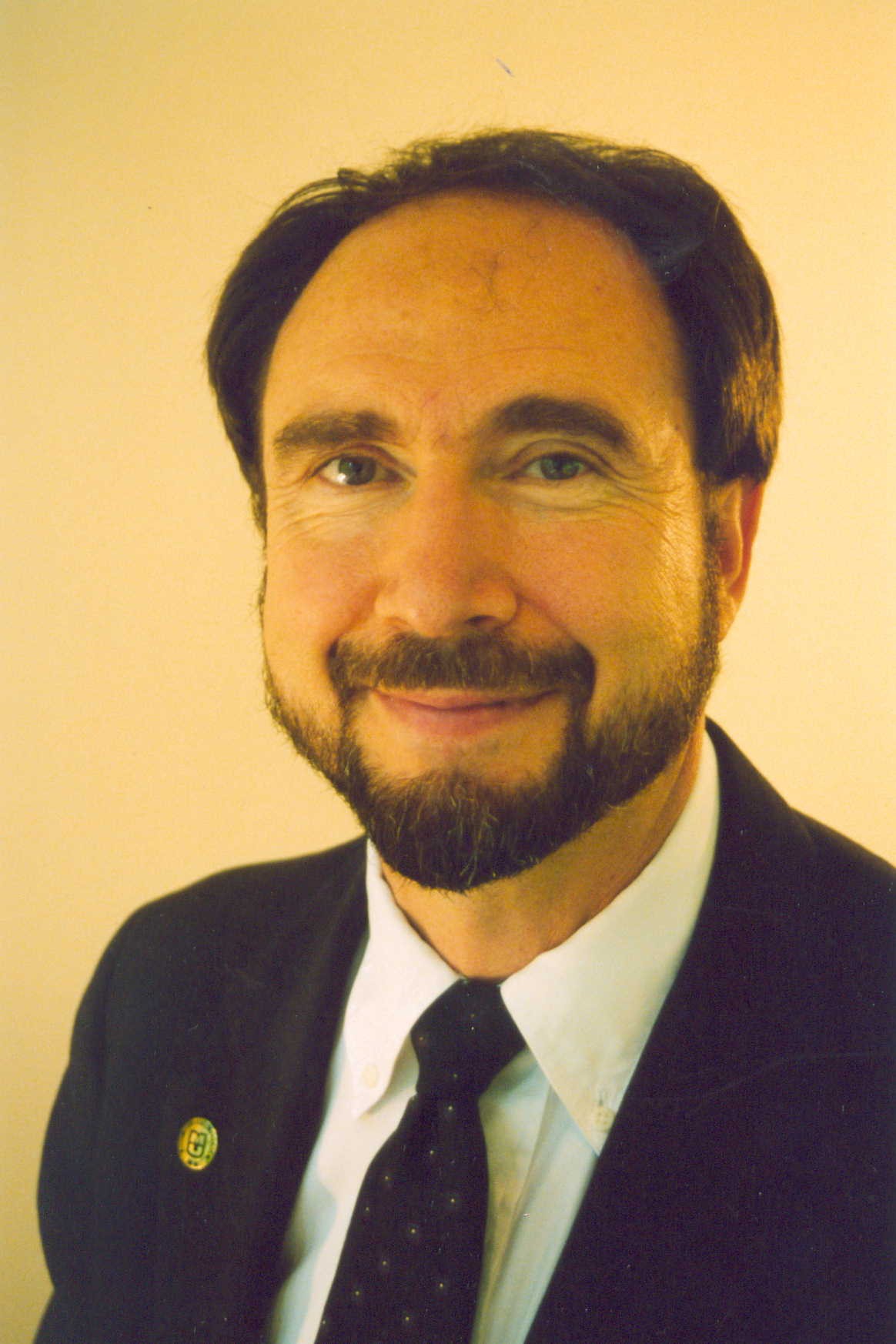Puncky Heppner ’73 graduated from Morris with a psychology major. He obtained a master of arts and a doctorate in counseling psychology from the University of Nebraska, Lincoln. He currently holds a Curators’ Distinguished Professorship—the highest distinction—at the University of Missouri (MU). Heppner is also a director of the Coalition for Cultural Competencies (an organization he co-founded in 1998). He has a long history of promoting American diversity issues and has played a significant role in providing multicultural and cross-cultural training in the MU Counseling Psychology program.
Heppner has published over 200 articles and book chapters, written nine books, made hundreds of presentations at national conferences, and delivered over 70 invited presentations and keynotes across 14 countries. His research focuses on how people cope with stressful life events and, more recently, how culture changes those coping mechanisms.
His work in particular has examined people’s perceptions of their abilities to confront and solve problems. In this endeavor he has created the Problem Solving Inventory (PSI), which is sustained by one of the top publishers in the U.S. for twenty years. The PSI assesses a person’s appraisal of his or her own abilities to resolve stressful life events.
Heppner is the recipient of three Fulbright awards from Sweden, Ireland, and Taiwan. He is a fellow of the American Psychological Society and in three divisions of the American Psychological Association: Counseling Psychology, Society for the Psychological Study of Ethnic Minority Issues, and International Psychology. Heppner served on several national and international editorial boards and as editor of The Counseling Psychologist.
From 2005 to 2006, he occupied the post of president at the Society of Counseling Psychology of the American Psychological Association, and he was distinguished with the Leona Tyler Award, the Society’s highest award, in 2009. He is also the recipient of numerous other national, university, and community awards for his leadership, research, teaching, mentoring, international work, and promoting diversity and social justice issues.
